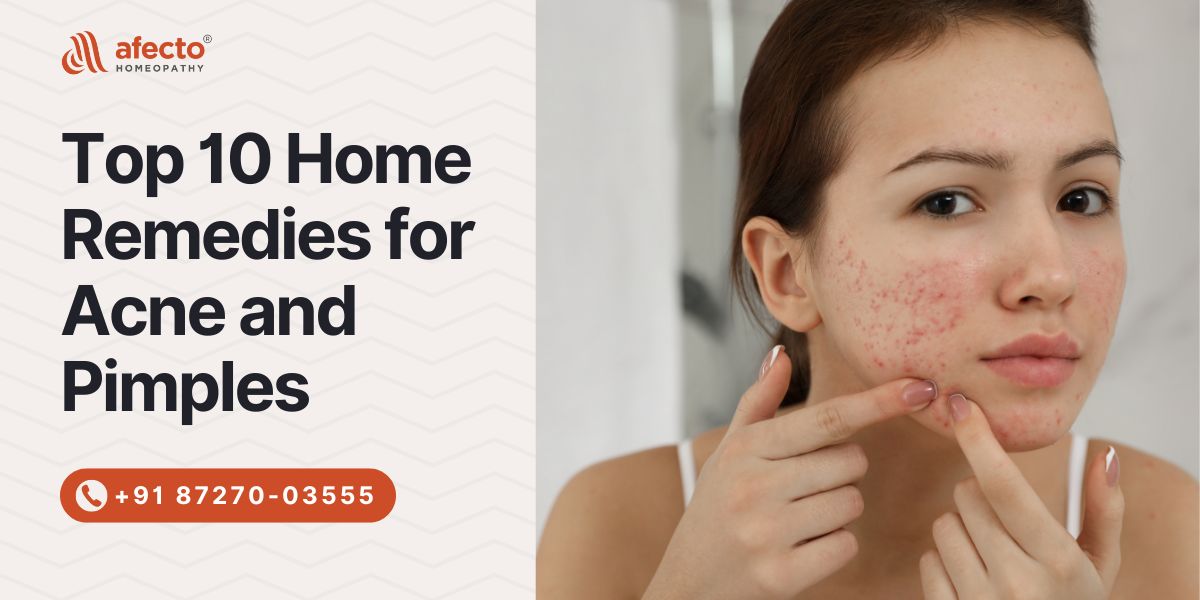

Acne is a skin condition that occurs when the hair follicles in the skin are blocked. Dead skin cells can clog pores and cause acne, commonly known as pimples or pimples. The result is usually seen on the face, but can also appear on the back, chest, shoulders and other parts of the body.
Acne is a skin disease in which sebaceous (oil) glands attach to hair follicles containing fine hairs. In healthy skin, the sebum produced by the sebaceous glands empties into the skin through the pores (opening to the hair follicles).
Usually, when the body leaves the skin, keratinocytes rise to the surface of the skin. When a person has acne, hair, sebum and keratinocytes stick together in the pore. The combination of fat and cells allows bacteria that normally live on the skin to grow at the roots and cause inflammation (swelling, redness, heat, and pain).
For most people, acne seems to disappear in their thirties, but some people still have skin problems in their forties and fifties. For this homeopathy treatments for acne & scars are considered best.
Symptoms of acne vary according to the severity of the condition:
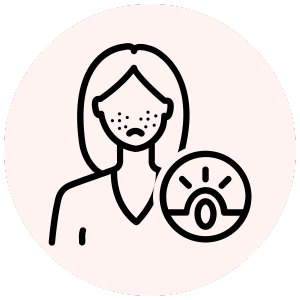
Whiteheads
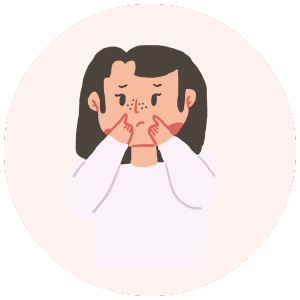
Blackheads
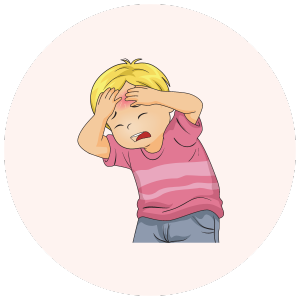
Small red bumps
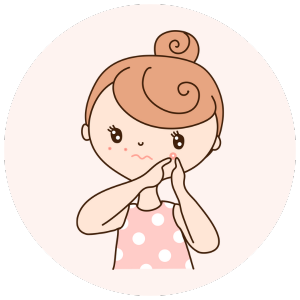
Papules
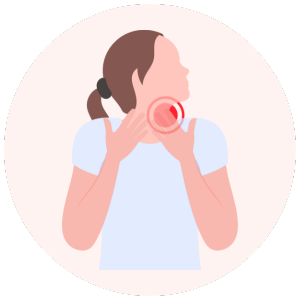
Subcutaneous nodules
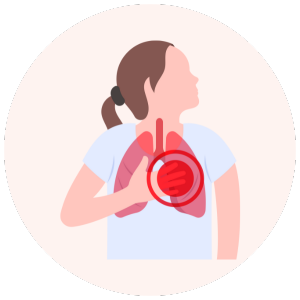
Cystic lesions
Doctors and scientists believe that one or more of the following conditions can cause Acne:

Afecto Homeopathy is your destination for exceptional care led by the best homeopathic doctors in Delhi. Our expert team prioritizes your overall well-being, dedicating themselves to enhancing your life through innovative technology and advanced techniques. With a strong focus on transforming your health, our doctors with 30+ years of clinical experience bring you one step closer to a better lifestyle. Experience the difference with the best homeopathic doctor in Delhi, and embark on a journey of healing and well-being with Afecto Homeopathy.

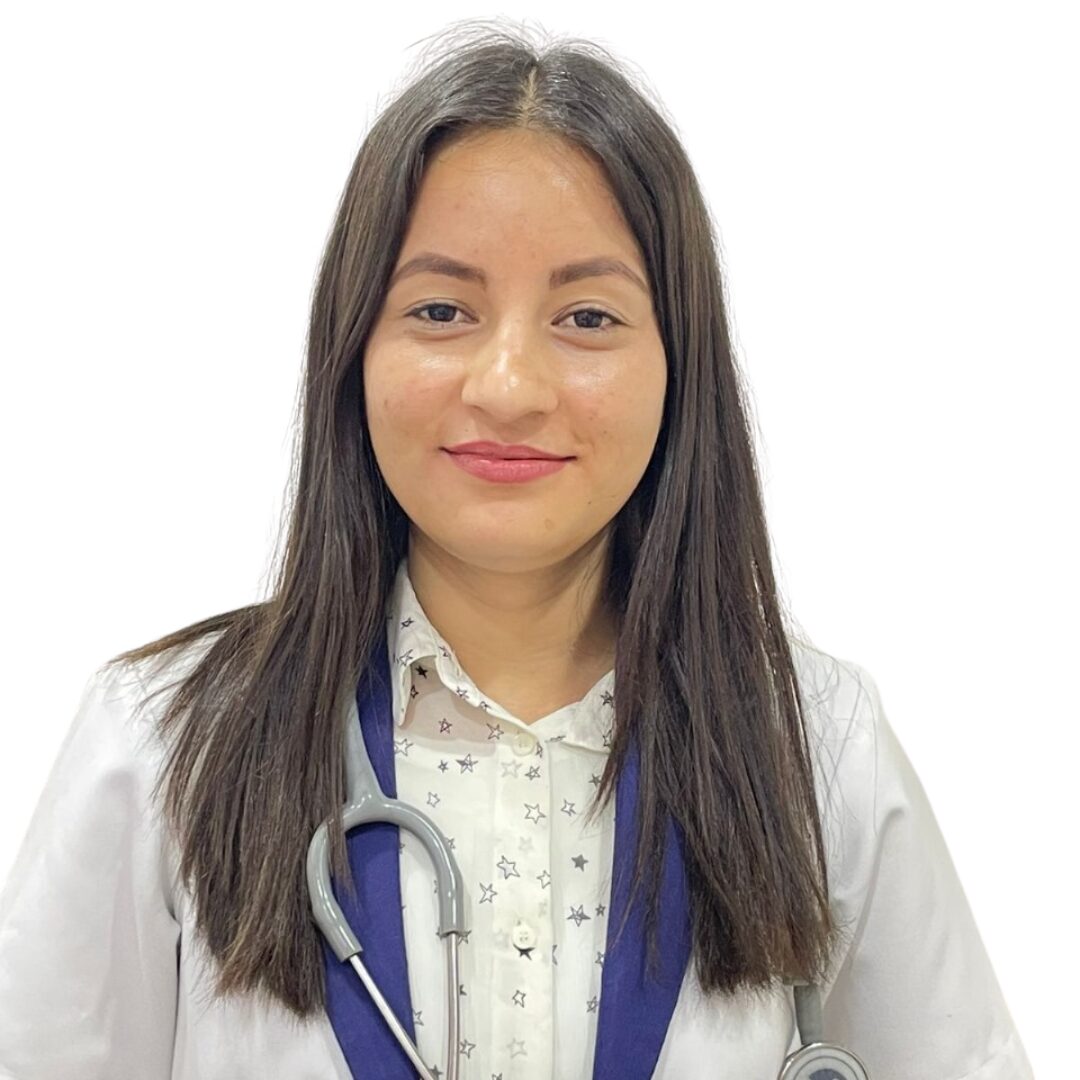
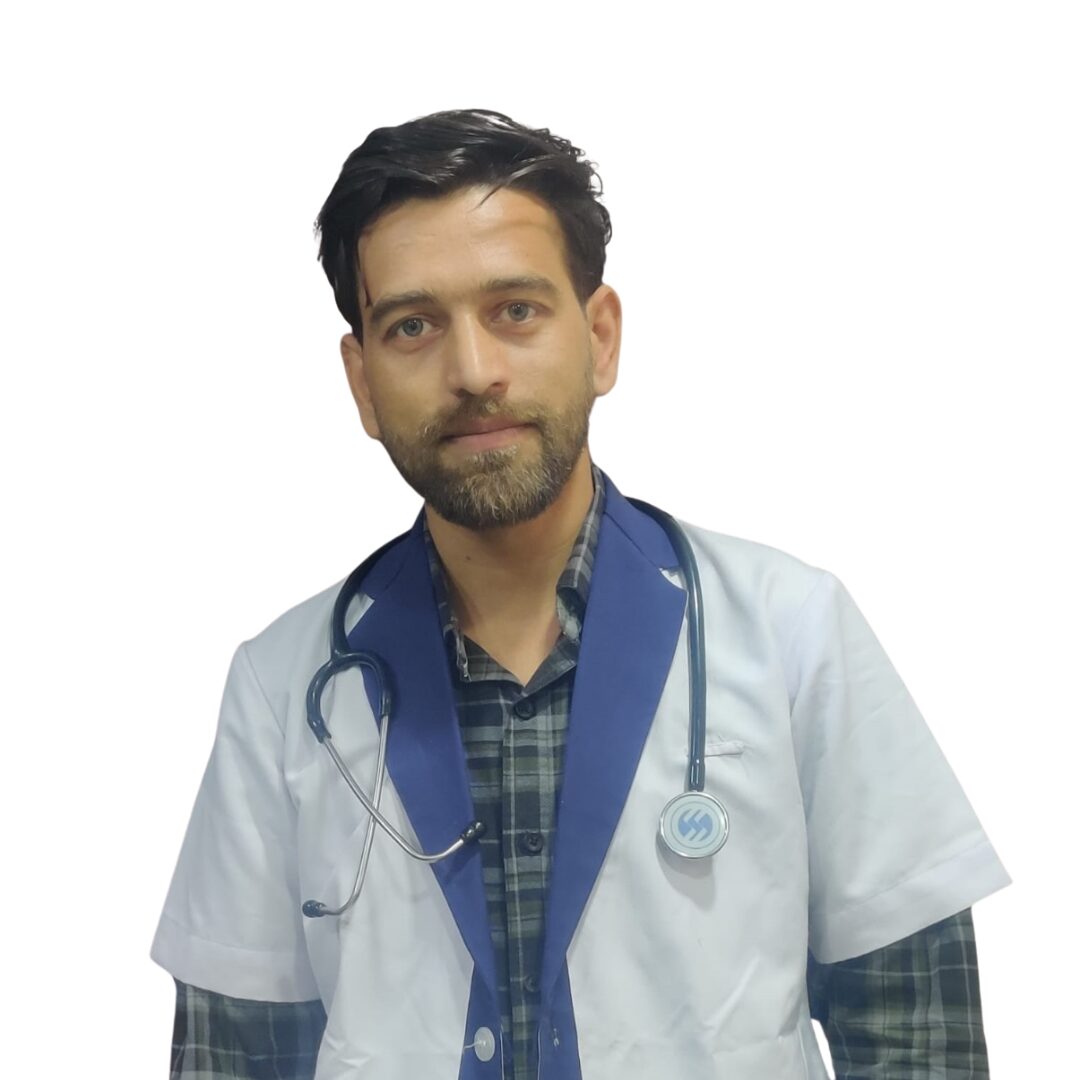

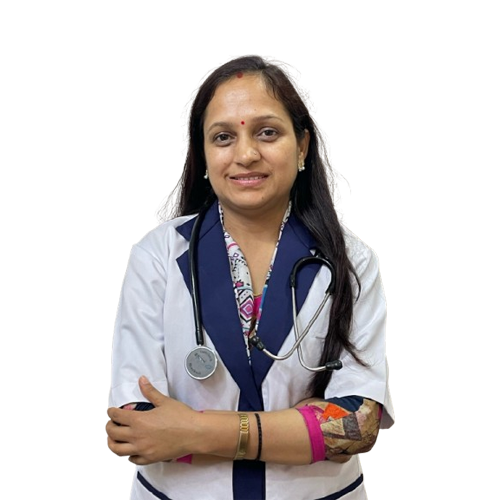
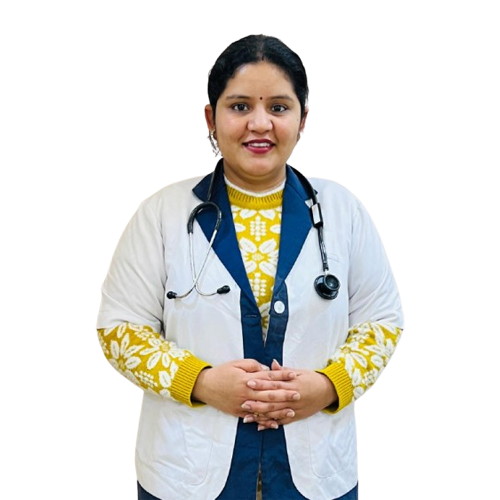
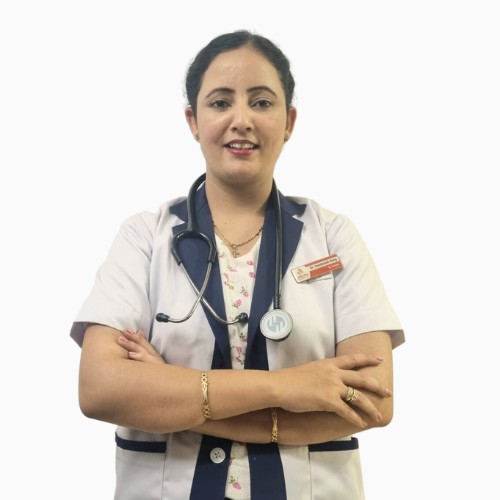


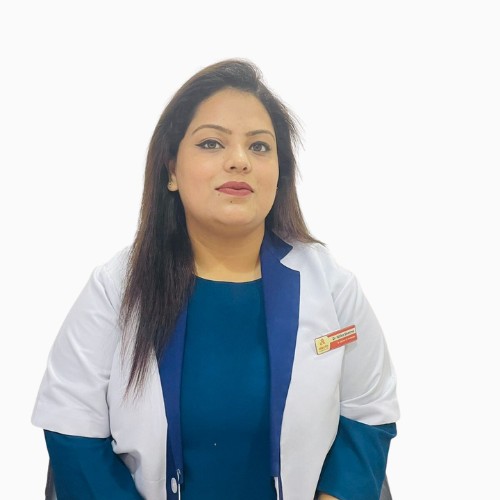




Experience the remarkable treatment results achieved at our best homeopathic clinic in Delhi. Discover how our personalized, natural therapies have empowered countless individuals to reclaim their health and embrace a life of balance.
Whey Protein, food high in sugar and skim milk. Chocolate does not directly affect acne breakouts, but a diet high in sugar can cause acne. To reduce your risk of acne, eat a healthy diet rich in fresh fruits and vegetables, especially foods rich in vitamin C and beta-carotene, which help reduce pain.
There can be certain things that contribute to acne: air pollution, wearing tight headgear and sports helmets, grease, oily products, stress, picking at your acne and a side effect of medication.
Acne can affect your brain as it affects your appearance and self-esteem. Acne often gets out of control if it’s caused by hormones. This creates stress that can affect future breaks. Acne can be a problem for teens and young adults.
Icing acne helps reduce the pain, redness and swelling of acne. However, in benign acne, ice may have little or no benefit. People who decide to try acne should remember to wrap ice and ice packs in a clean cloth or plastic bag.
Acne usually begins in adulthood, between the ages of 10 and 13, and tends to be more severe in people with oily skin. Adolescent acne usually lasts 5 to 10 years and usually goes away by the early 20s. It occurs in both sexes, but younger men are more likely to be affected.
Kiwi, cherries, and stone fruits (such as peaches, nectarines, and plums) may treat acne because of their antioxidant and anti-inflammatory properties. Kiwi is a fibre-rich fruit containing vitamin C and vitamin E. Peaches contain B vitamins that can help improve skin texture and texture.
Keep your skin clean, Choose the right skin care products, Shampoo regularly, Follow-up therapy, Hold your hand and Keep away from the sun and tanning beds.
Remember, just because you have acne doesn’t mean you’ll have scars. If you do (one in five acne sufferers also get scars), the good news is that not all acne scars are permanent! Treatment is available.
The difference between acne and pimples is that acne is a disease and pimples are one of its symptoms. Acne is a disease that affects the hair follicles and sebaceous glands of the skin. The pores under the skin are linked to glands that produce an oily substance called sebum.
Oily skin is an acne-prone skin type because people with oily skin are affected by genetic and hormonal changes. Also, dry skin can lead to acne due to environmental or skincare practices that irritate and clog pores.
Vitamin C has anti-inflammatory properties that help reduce the redness caused by acne. The effects are even more pronounced when you use the vitamin topically. Thus, it helps to improve acne symptoms. It can help reduce hyperpigmentation.

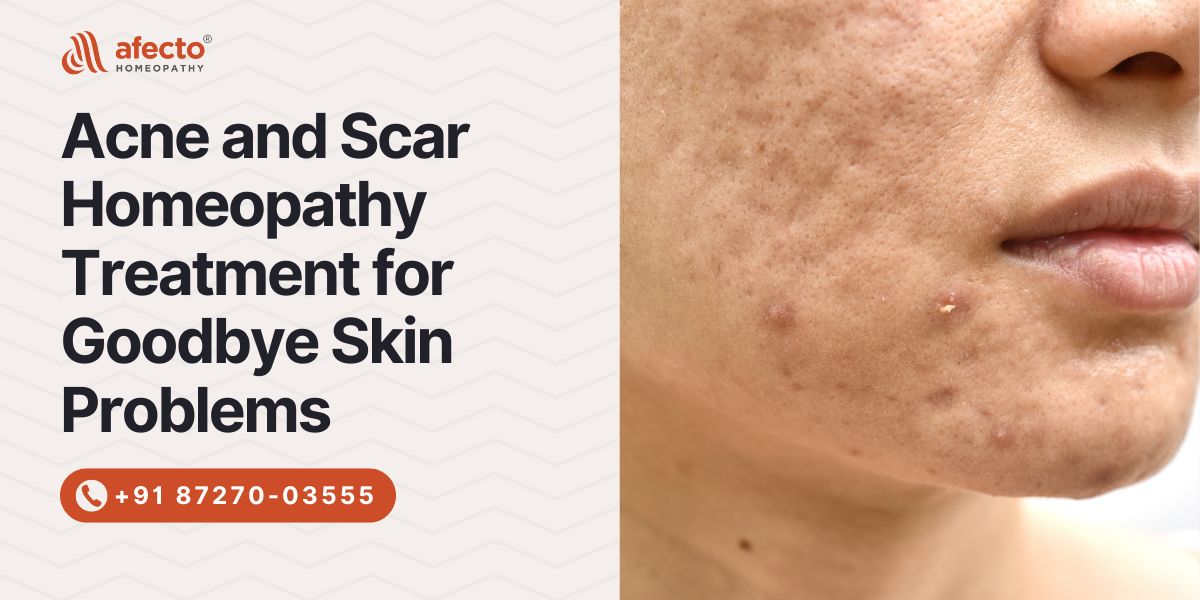
We care for your wellness
Distance does not matter for cure
We are here for you whenever you need us
Explore nearby clinics and schedule your visit effortlessly.